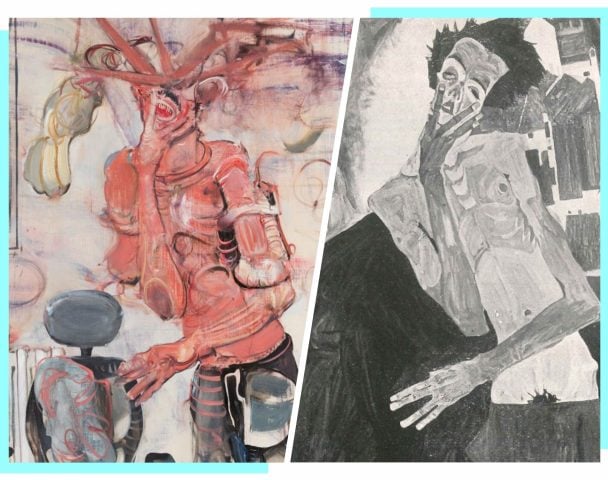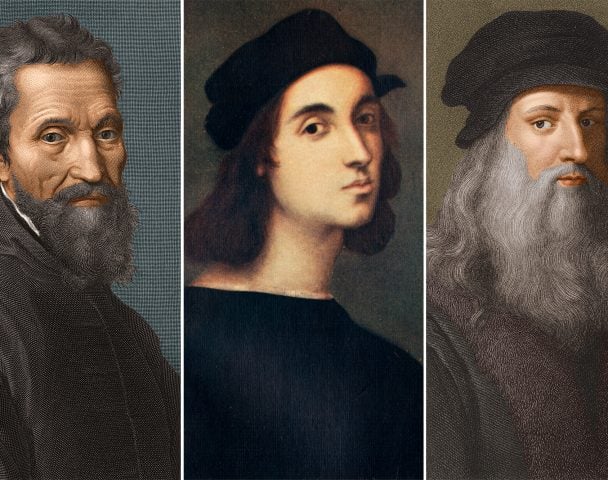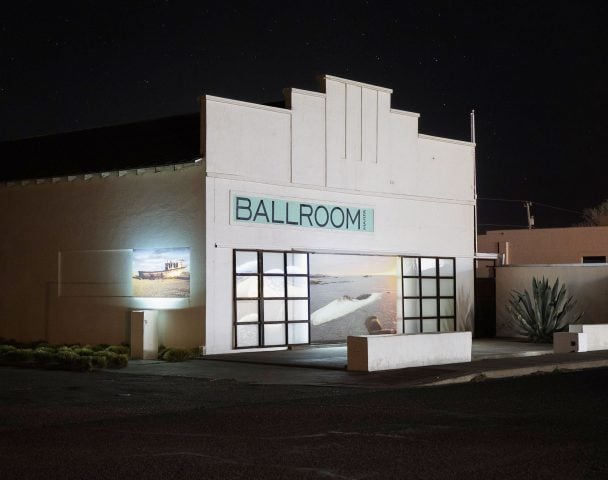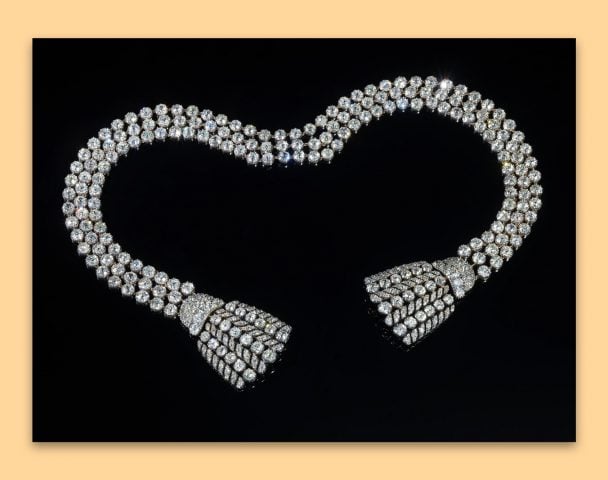Gallery Network
The Avant-Garde Liberated 20th-Century Portraiture from Tradition. A New Paris Exhibition Shows How
Hélène Bailly gallery traces the daring—even audacious—feats of avant-garde artists through the genre of portraiture.
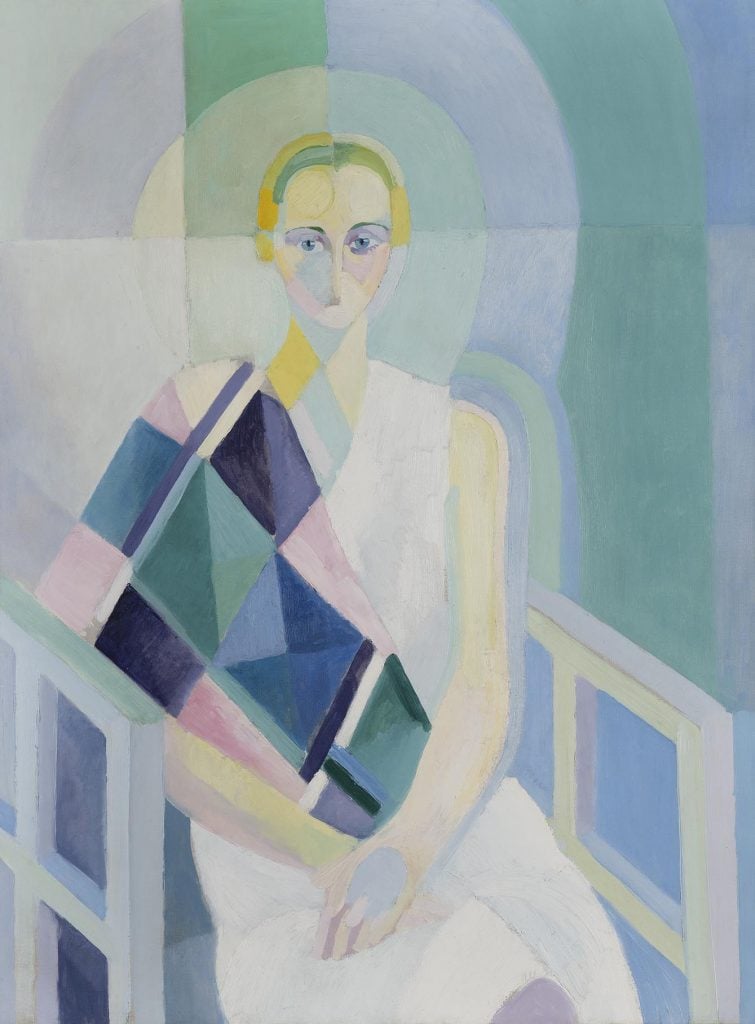
Though portraiture is one of the oldest and most traditional art genres, it has consistently proven a potent starting point for artistic experimentation. At Paris gallery Hélène Bailly, the exhibition “Icônes Modernes: Portraits du XXème siècle,” or “Modern Icons: Portraits of the 20th Century,” explores the pioneering work and achievement of avant-garde artists through portraiture. Including a range of movements and styles, from Fauvism and Dadaism to Cubism and Orphism, portraiture was used by some of the most important artists of the 20th century to create then-unseen modes of artmaking.
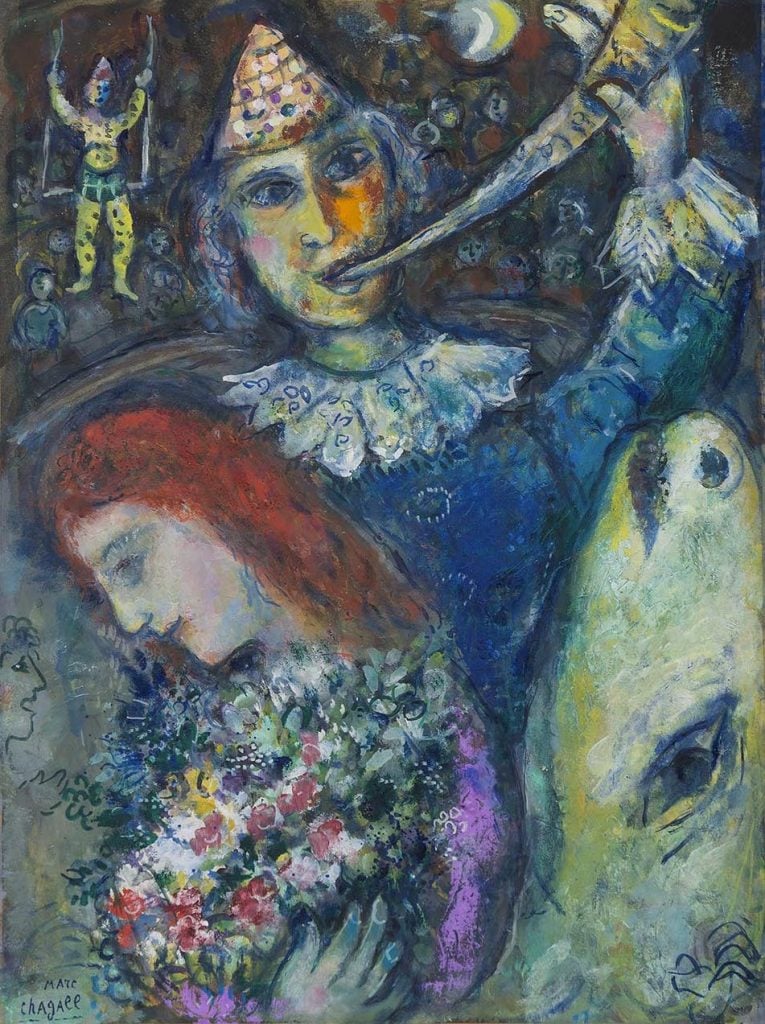
Marc Chagall, Au cirque – Clown à la trompette (1959–1968). Courtesy of Hélène Bailly, Paris.
The exhibition is filled with works by canonic figures, such as Jean Dubuffet, Francis Picabia, Robert Delaunay, Pablo Picasso, and Marc Chagall, to name a few. Inclusive of both portraiture and self-portraiture, despite the similarity in genre that proves to be largely the only tangible through line. Each artist pushes rendering the human form to its limits, using distinctive and singular techniques ranging from various forms of abstraction, elements of fantasy, and innovative explorations in the ways pictorial space can be collapsed. With works from across the decades, the evolution of the portrait and what it constitutes can be traced through subsequent generations of artists, highlighting how the avant-garde informed these developing styles.
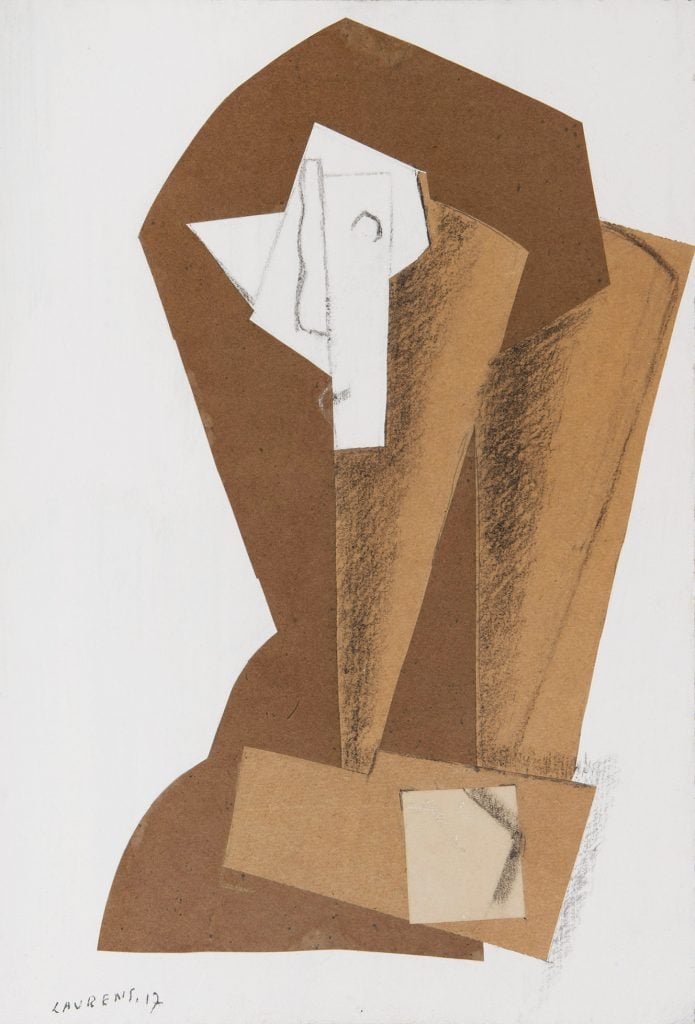
Henri Laurens, Tête de femme (1917). Courtesy of Hélène Bailly, Paris.
Organized in five sections, the show subtly traces the transformation of the genre itself, presented through the lens of Modern art. With works on paper, painting, and sculpture, regardless of whom the sitter of the work is, the artist inherently shows a bit of themselves through their approach and execution, emphasizing their efforts to break free from convention and discover something new.
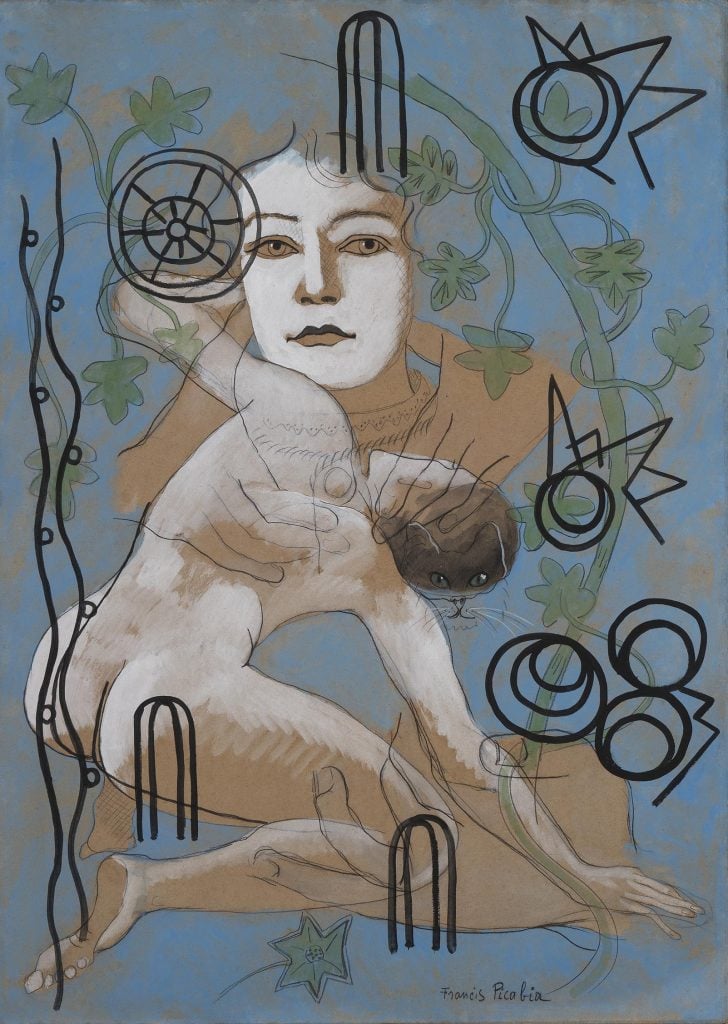
Francis Picabia, Harmas (ca. 1928). Courtesy of Hélène Bailly, Paris.
While today portraiture is understood as an artistic typology that is malleable and subjective, something that can take nearly any shape or form, this was not always the case. It was the pioneering avant-garde that first broke the lines of tradition, even propriety, marking their oeuvres—both on their own merits as well as together as in the present exhibition—as having not only initial importance but enduring relevance, the effects of which can be felt through today.
“Icônes Modernes: Portraits du XXème siècle” is on view at Hélène Bailly, Paris, through December 14, 2024.


